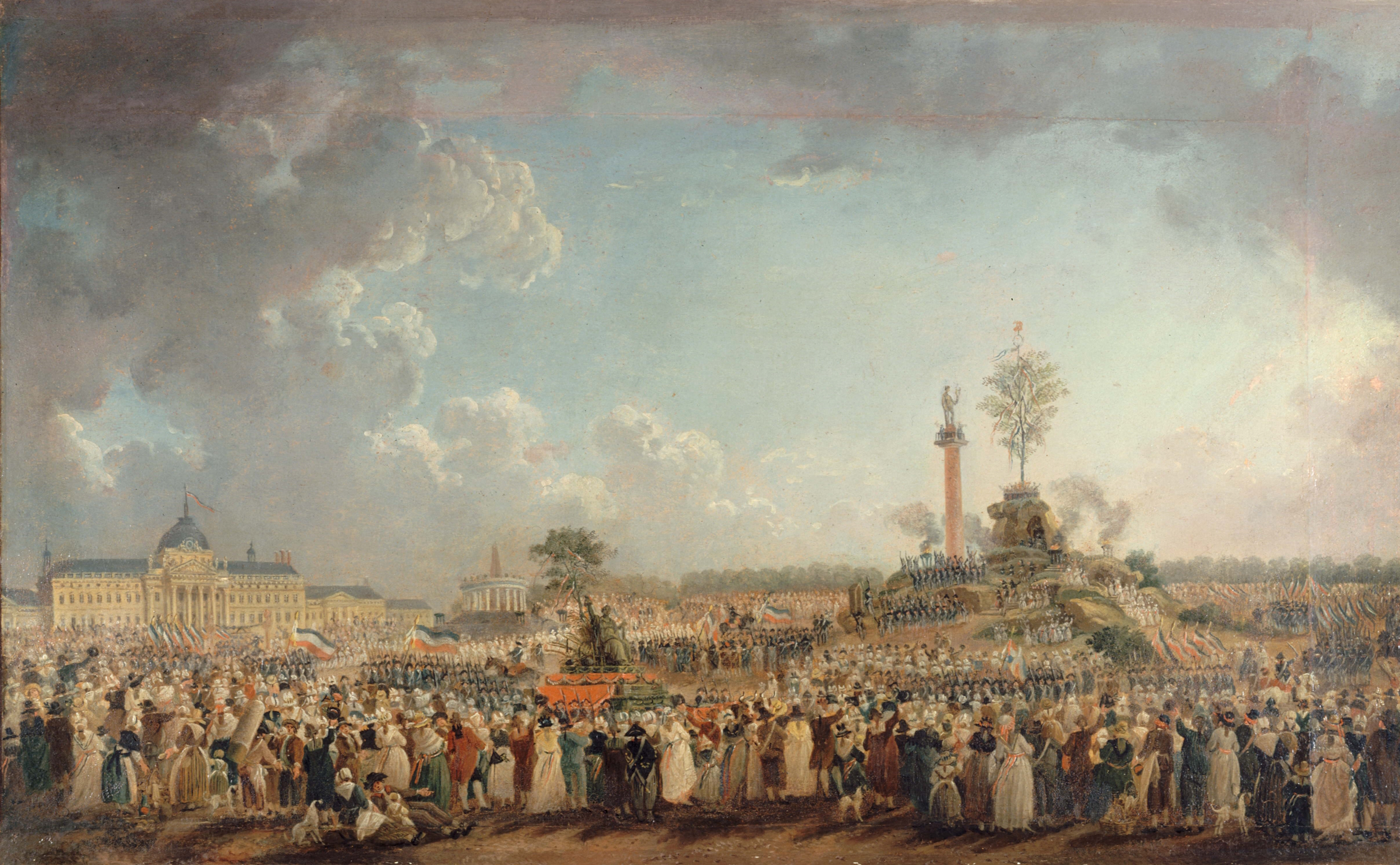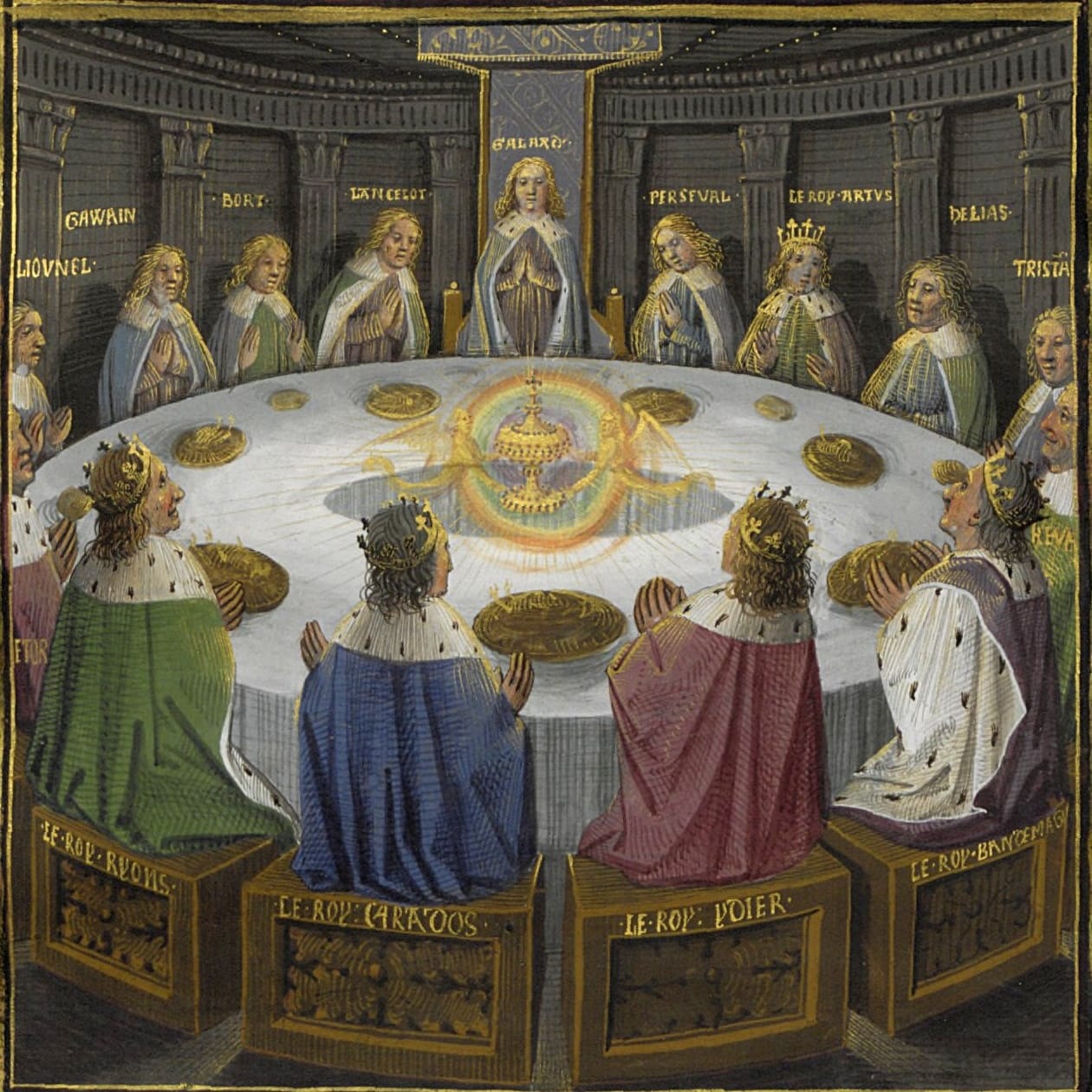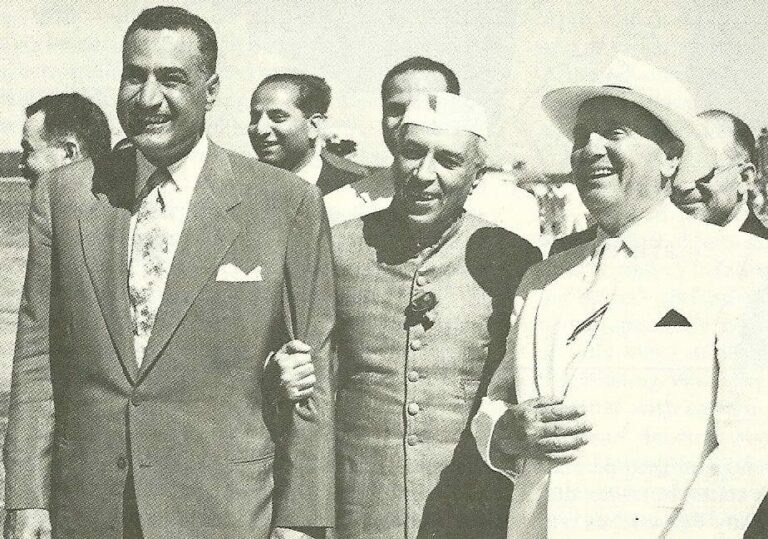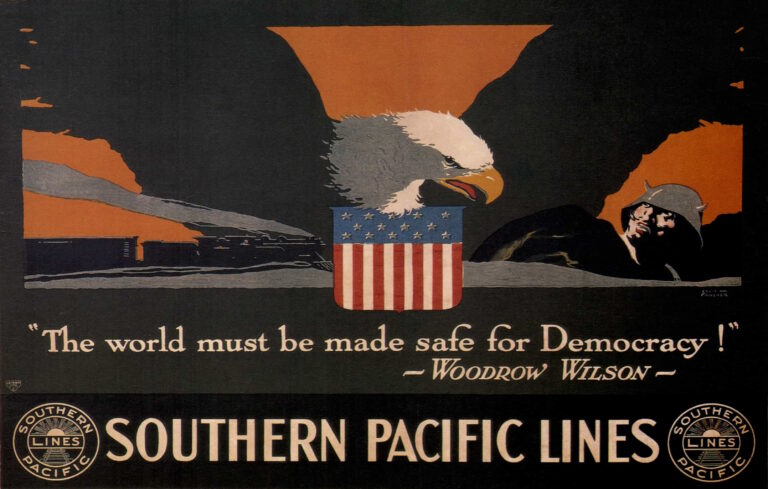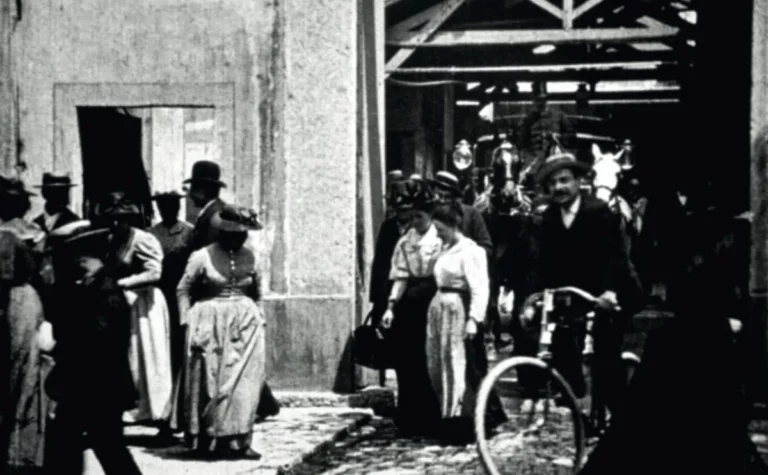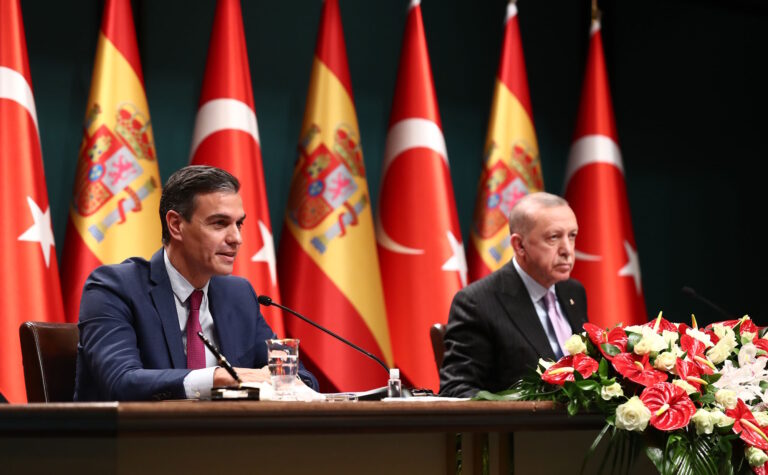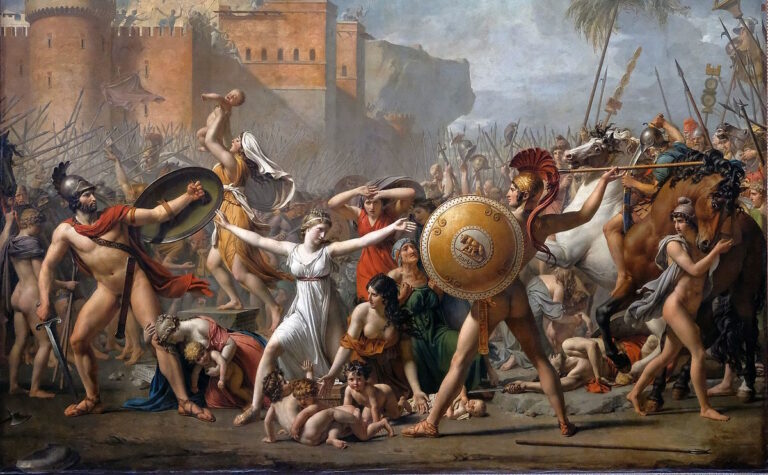Our latest articles
The Revolution
Realism and Revolution
Revolution, whatever it may be and wherever it appears, is a chimera. It is easy to name, easy to advocate for its arrival, and difficult to know. As Yadh Ben Achour states in his inaugural lecture at the Collège de France, the Revolution is essentially a "hope" [2]. A hope because it is awaited, a hope because it inevitably carries change and aspiration, but also a hope in its unknown, impenetrable aspect. What method can define an event meant to dynamite the course of History and simultaneously render it to a rational order represented by Progress? What method can determine what a Revolution is and should be, as opposed to a simple regime change?
On the Coming Avant-Garde and Its Historical Destiny
The revolutionary camp must never succumb to the obsidional temptation, that is, to consider itself a besieged fortress, nor should it think of itself as the revenge of a lost paradise: this is why, when required, it must become avant-garde, and not rearguard. The obsidional anti-fascism of the left, which during the 20th century (particularly in France), was one of the most devoted accomplices to the murder suffered by the idea, nonetheless so strong and meaningful, of a revolutionary historical destiny (and therefore of the Vanguard), to the benefit of pseudo-tactics (in institutions as in the streets) and the general decline of any strategic perspective. This must be said all the more as the European elections have revived the macabre impulses of convergence, of left-wing unity, and other vacuities: tactics without direction, and compromises without strategy (including on the reformist level) are the unavoidable horizon of the left since the death of the workers' movement. Basta!
What to do after the Pax Americana?
A Brief Overview of the Emergence of a Multipolar World
Currently, it is implicitly suggested that behind this opposition between a unilateral vision of the world and a multilateral vision, the survival of our democracies and the export of our model are at stake. But have we not created our own enemies by wanting to oppose the emergence of an inevitable world order? And if we had allowed a slower transition of former communist states towards a liberal model, would the situation not be fundamentally different today?
The immovable shadow
Far from drifting apart, the two shores of the Atlantic are coming closer, with the progressive Americanization of Europe continuing despite recent geopolitical upheavals. Ultimately, it is through thought that America still dominates it, at least as much as through the economy. The trend is towards homogenization between the two worlds. The limits or even counterweights to this trend have not yet manifested themselves seriously. The epochs of terrible homogeneity, however, are symptomatic of an era's end. Following the lack of variety of situations they face, minds become weary, forced to do nothing but repeat and stereotype. This would be the dire consequence of an 'End of History.'
Cinema, propaganda, and the emergence of the multipolar world
The democratic nature of cinema should not be understood here as the characteristic of a given political system, but truly as a proximity to the working classes, by virtue of its accessibility and commercialization. Unlike literature or music, cinema does not depend on initiation into a specific language, written or musical, to be understood. For centuries, the working classes had little access to literature due to the low literacy rates in our societies. Visual language, the power of images, is understood at first glance without the need for any training. This is especially true since cinema consists not of painted or drawn images in its origins, but of photographic images, which truly function as a capture of reality.
Who is the New World Order for?
In this way, multipolarity serves as a helping hand to local left forces more than anything. It doesnʼt have the power to enforce strict, ideologically backed political alliances as during the Cold War, so the political orientation of countries will still be based on the interests of moneyed interests. With this in mind, leftists should remember who they wish to fight for. Our man is neither the businessman nor the statesman.
Our man is the worker
And our man is king.
Ubi solitudinem faciunt, pacem appellant: the odd peace of westerners
It is clear that the balance of power is changing, and it is certainly not in favor of the “free world”, of the collective West. The addition of five centuries of dehumanization of four-quarters of the planet by Europe and its acolytes, of which it is now a good fief just to spend the holidays, will be expensive, and even more so if the conduct of the ruling classes in the West will continue on this attitude.

